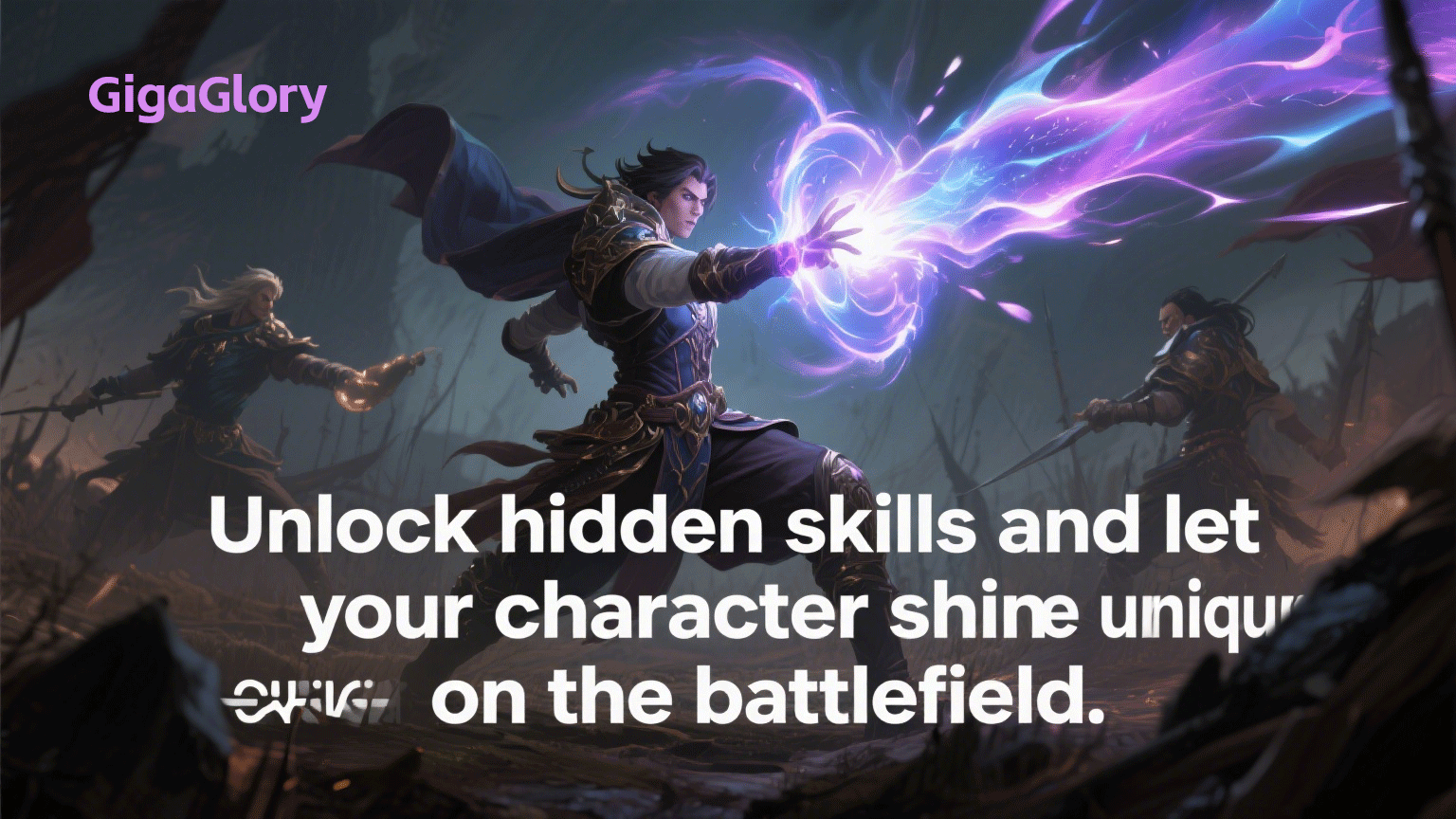RPG Games vs. Life Simulation Games: Understanding the Engagement Factor
In the realm of video games, two genres consistently attract a dedicated audience: RPG games (Role-Playing Games) and life simulation games. These genres stand apart in terms of gameplay mechanics, storytelling, and player interaction. But which one truly offers a more engaging experience? To unravel this mystery, let's delve into the fundamental characteristics and player experiences provided by both genres.
What Are RPG Games?
RPG games immerse players in fantastical worlds where they take on the roles of unique characters, often embarking on epic quests. Players can typically customize their characters, make choices impacting the storyline, and progress through skill upgrades. Popular examples include titles like The Witcher, Final Fantasy, and The Elder Scrolls.
Key Features of RPG Games
- Character Development: Players grow their characters, enhancing skills and abilities, making each journey personal and progressive.
- Rich Storylines: Intricate plots often filled with twists and emotional depth keep players invested.
- Immersive Worlds: Vast environments encourage exploration and discovery.
- Choice-Driven Gameplay: Player decisions significantly impact the game world and story direction.
The Allure of Life Simulation Games
On the other side lies life simulation games, which focus on creating and managing life scenarios. Players often build relationships, develop their virtual lives, and sometimes even create their narratives. Games like The Sims series and Animal Crossing epitomize this genre by allowing players to simulate life without the constraints of combat or extensive quests.
Key Features of Life Simulation Games
- Open-Ended Gameplay: Players dictate the flow of their game, allowing for unique experiences every session.
- Social Interaction: Relationship-building is central, making the game feel more personal.
- Creative Freedom: Players can design homes, communities, and even personalities for their characters.
- Everyday Tasks: Activities like cooking, gardening, and crafting enhance the relatable nature of the gameplay.
Comparing Engagement Levels
What does "engagement" truly mean in the context of video games? Often, it refers to how deeply a player becomes involved with the game's world, characters, and narrative. Here’s a table to illustrate some differences in player engagement factors:
| Factor | RPG Games | Life Simulation Games |
|---|---|---|
| Character Investment | High - Strong connection through character progression | Medium - Connection through relationships and life choices |
| Story Involvement | High - Rich narratives and impactful choices | Low - Minimal narrative; focus on player-driven experiences |
| Exploration | Extensive - Vast worlds with numerous quests | Moderate - Open-ended but structured environment |
| Player Control | Medium - Choices matter but within predefined quests | High - Complete freedom to build and live a life |
What Players Prefer: RPG vs. Life Simulation Games
Analyzing player preferences gives us insight into engagement. RPGs tend to appeal to those who prioritize story and adventure, while life simulation games attract players seeking creativity and social interaction. Let's take a look at the following list of reasons why gamers gravitate towards each genre:
Reasons Players Prefer RPG Games
- Desire for a deep narrative and world-building.
- Interest in character development and leveling up.
- Enjoyment of challenge and missions.
Reasons Players Prefer Life Simulation Games
- Interest in creativity and design.
- Enjoyment of social interactions.
- Desire to escape into a routine-free gaming experience.
Common Experience Issues in Both Genres
While both RPG and life simulation games have their strengths, they also face common challenges that can affect engagement. For instance, many players experience technical difficulties that hinder their gameplay experience. An example would be issues some players face like the recurring statement, “every time I end a match COD WAW crashes.” Such frustrating experiences can deter players from continuing with a game, regardless of the genre.
Which Genre Wins the Engagement Battle?
Ultimately, the answer to which genre is more engaging often comes down to personal preference. While RPG games offer rich narratives and immersive worlds that can captivate players for hundreds of hours, life simulation games provide an open canvas for creativity and social interaction that can feel gratifying in its own right.
Conclusion
In conclusion, both RPG and life simulation games offer unique experiences that cater to different player desires. Whether you're an adventurous soul seeking epic quests or a creative spirit wanting to build relationships and design a virtual life, both genres have something special to offer. It’s essential to recognize that engagement is subjective; what captivates one player may leave another feeling indifferent.
FAQs
Q: Can you switch between RPG and life simulation games?
A: Absolutely! Many players enjoy exploring various genres to satisfy different gaming moods.
Q: What’s the best RPG game right now?
A: Popular choices include Elden Ring and Final Fantasy XIV, as both have captivated players with their engaging worlds.
Q: Are life simulation games suitable for all ages?
A: Generally, yes. Many have age-appropriate content and can appeal to family-friendly gaming.



